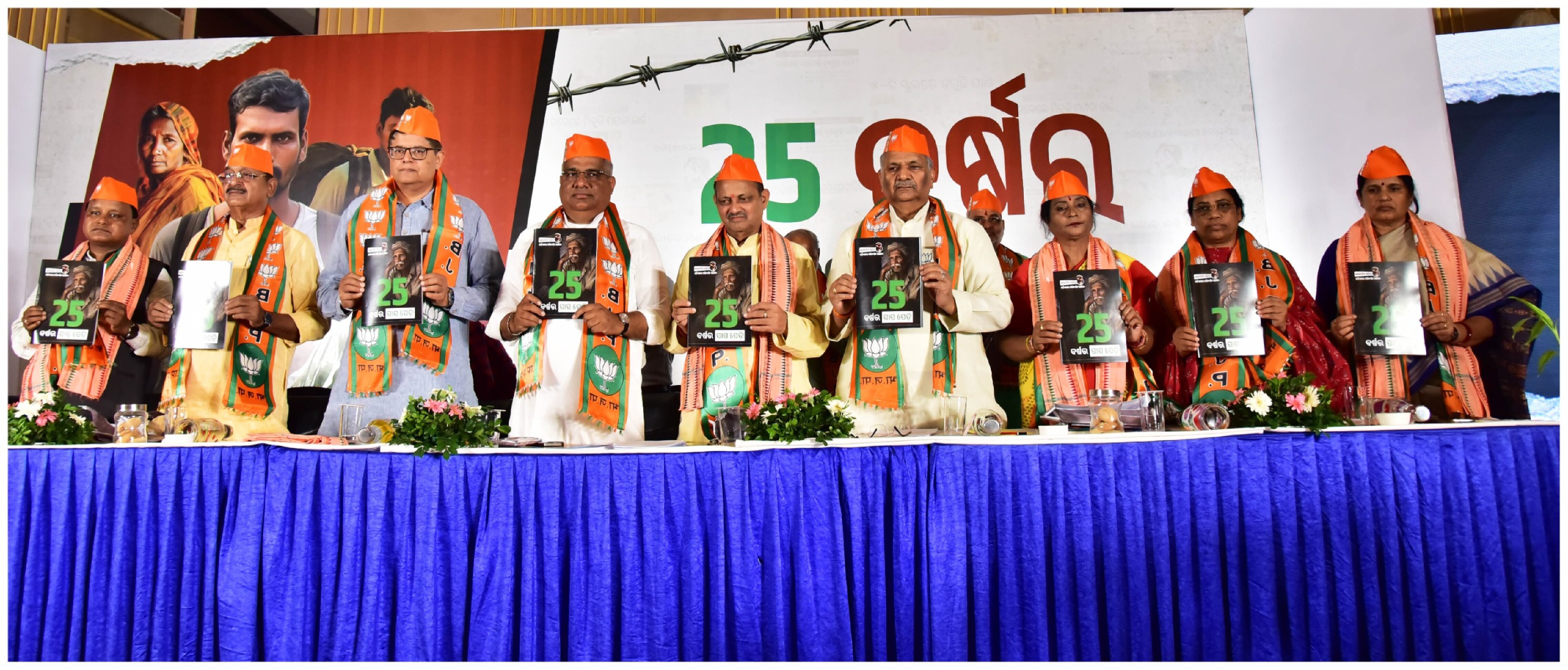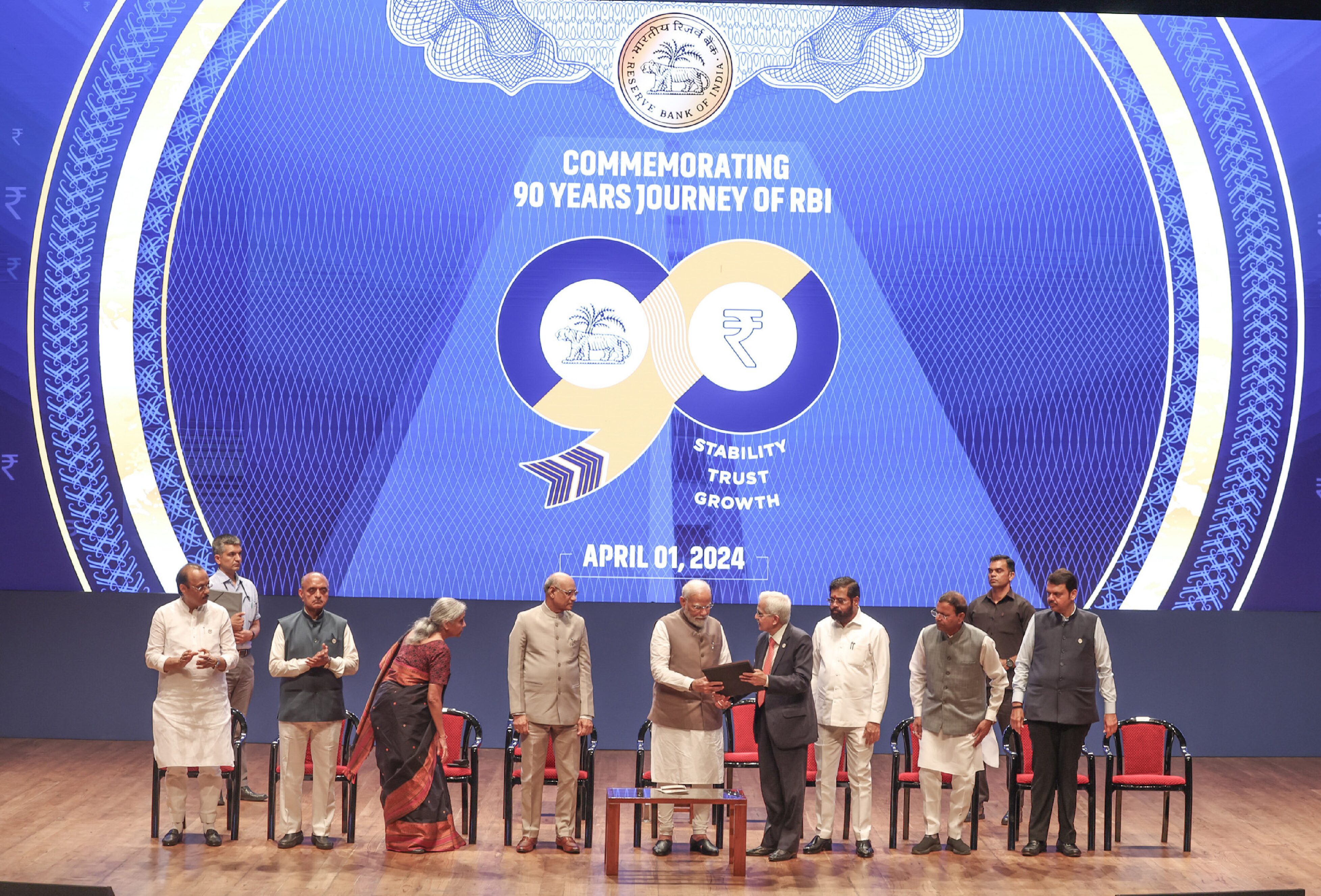It is unfortunate that the protest of the farmers against the three farm laws are still going on and several rounds of discussion between the farmer leaders and government could not yield any concrete results, although the next round of discussion is likely to be held subsequently. In the meantime the Supreme Court on January 13, issued a notice on a petition challenging the introduction of Entry 33 in Concurrent List through which the Centre introduced three contentious farm laws in September last year. The court fixed the matter for hearing next on 18, January.
While the farmers have demand to repeal the farm laws and give MSP a legal status, government is willing to discuss the farm laws clause by clause and resolve the issues, if found justified. Government has already resolved two additional issues on electricity bill and stubble burning demanded by the farmers and has come out with a proposal to constitute a panel as suggested by the Supreme Court.
The first one – Farmers’ Produce Trade and Commerce (Promotion and Facilitation) Act , 2020 -expands the scope of trade areas of farmers produce from select areas to “any place of production, collection, and aggregation.” It allows electronic trading and e-commerce of scheduled farmers’ produce and prohibits state governments from levying any market fee, cess or levy on farmers, traders, and electronic trading platforms for trade of farmers’ produce conducted in an ‘outside trade area’. Much of government procurement at minimum support prices (MSP) relates to paddy and wheat with limited quantity of pulses, cotton, groundnut and mustard. The middlemen and commission agents also get a part of profit in such type of transaction, either done in centralised or decentralised manner. It is hoped that the Law will allow a free trade and it will increase the bargaining power of the farmer and the distress sale can be resolved by this law.
Making MSP a legal right is very difficult to meet as MSP is calculated using as many as 12 criteria by the CACP out of which cost of production and margin are very important. In the Agreement on Agriculture of GATT agreement of WTO, MSP is also considered as a subsidy which has limitations. Although MSP is declared for 23 crops, it is dominated by paddy, wheat and cotton. The government report – NSSO survey of July 2012-June 2013 – showed that less than six per cent of Indian farmers (over 9 crore agricultural households) have benefitted directly from selling their wheat or rice under the MSP regime. This means an overwhelming majority of farmers could never become part of the income guarantee scheme for the farmers for last so many decades. For example, more than 95 per cent paddy farmers in Punjab and about 70 per cent farmers in Haryana are covered under procurement operations while in other major rice producing States like Uttar Pradesh (3.6%), West Bengal (7.3%) Odisha (20.6%) and Bihar (1.7%), very small number of rice farmers benefit from procurement operations. The farmers who benefit from the government procurement process and MSP are medium and large farmers and share of small and marginal farmers, though improved during last few years, remain low. In total, the procurement system reaches around 11.8% of the rice farmers.
The 2nd one – Farmers (Empowerment and Protection) Agreement on Price Assurance and Farm Services Act, 2020 – creates a framework for contract farming through an agreement between a farmer and a buyer prior to the production or rearing of any farm produce. It provides for a three-level dispute settlement mechanism: the conciliation board, Sub-Divisional Magistrate, and Collector as the Appellate Authority. This specifically concerns agreements entered into by farmers with agri-business firms (processors, large retailers or exporters) ahead of any planting/rearing season for supplying produce of predetermined quality at minimum guaranteed prices. Such exclusive agreements between companies and farmers are already operational in crops of particular processing grades. The processors/exporters in these cases typically not only undertake assured buyback at pre-agreed prices, but also provide farmers seeds/planting material and extension support to ensure that only produce of desired standard is grown. The contract cultivation is voluntary in nature and largely for crops not amenable to trading in regular APMC (agricultural produce market committee) mandis. This Act formalises contract cultivation through a “national framework” and explicitly prohibits any sponsor firm from acquiring the land of farmers – whether through purchase, lease or mortgage.
As a part of ‘One India, One Law’ initiative, this law has been enacted to as to provide the farmers a greater bargaining power. It is hoped that the pan-Indian and multinational Agribusiness companies will enter into the formalised contract farming platform to exploit the rainbow of varied agro-climatic regions of Indian subcontinent, produce new cash crops, process them locally and market them abroad. The poultry, shrimp and dairy experiments have given good dividends to our farmers in many states under this practice.
The last one – Essential Commodities (Amendment) Act, 2020 – is about releasing foodstuffs, edible oils, onion and potato from the ECA 1955 and not imposing any stock limit except under “extraordinary conditions”. These could be famine, other natural calamities of grave nature and annual retail price rise exceeding 100% in horticultural produce (basically onions and potato) and 50% for non-perishables (cereals, pulses and edible oils). Given that stock limits apply only to traders — the amendment exempts processors, exporters and other “value chain participants” as long as they don’t keep quantities beyond their installed capacity/demand requirements.
As rightly suggested by the top court, a panel of experts may examine the implications of farm laws in the context of farmers’ protest. It should not be ignored that any attempt for favouring monoculture at the cost of other crops like millets, pulses and oilseeds will create problems of natural resource exhaustion, adverse climate impacts etc. which may make future agriculture unsustainable. In order to ensure livelihoods security of the farmers and provide safe, healthy and nutritious food to consumers, the policies should go beyond productivity and profitability. Productivity, profitability and sustainability of agricultural production system should go together with due regard to climate change.
Hope, all the political parties, intellectuals will make the farmers convinced of the new laws, intended for their benefit.










































